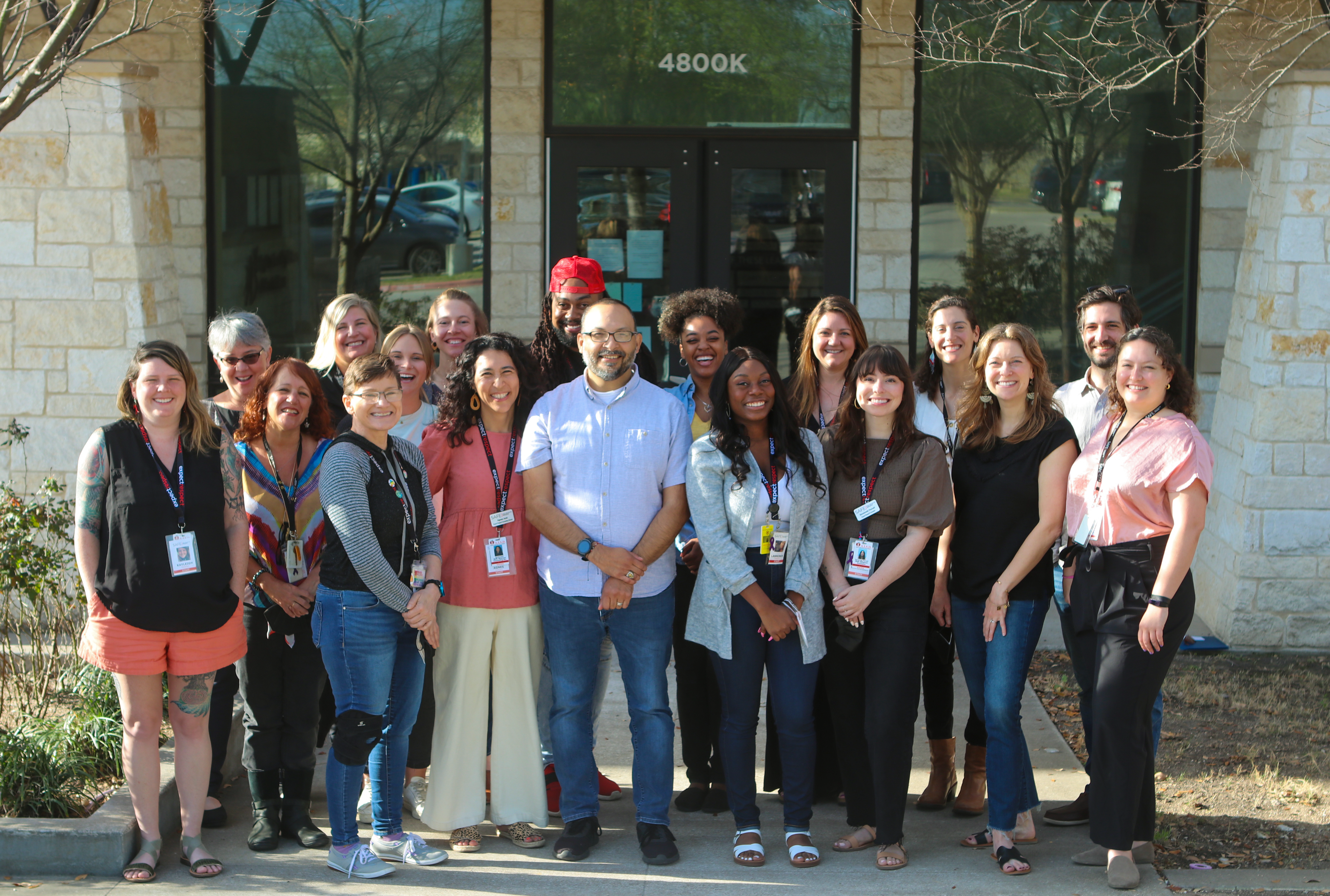Expect Respect replication project expands program to four U.S. cities
Written by SAFE
We are thrilled to announce that SAFE has received nearly $1 million to replicate our evidence-based, violence prevention program, Expect Respect, in four U.S. cities! The replication project is underway now in Hemet, California; Chicago, Illinois; Pittsburgh, Pennsylvania; and Houston, Texas.
Funded by The Allstate Foundation, each site will receive $100,000 plus 60 hours of training and technical assistance provided by SAFE to implement the program in their community.
The goal of this project is to promote safe and healthy relationships for youth by implementing Expect Respect program strategies and for sustaining prevention efforts beyond the project period. Researchers at the University of Pittsburgh School of Medicine will provide evaluation assistance.
The project to replicate Expect Respect in Hemet, Chicago, Pittsburgh, and Houston officially launched in March 2022 with a two-day training of trainers at SAFE. The project will conclude in November 2023 with a national convening of partners, funders, and policy makers to review successes and lessons learned across sites.
About Expect Respect
Expect Respect is a comprehensive, school-based program for preventing dating and sexual violence among youth. The program has three primary components:
- Curriculum-based support groups for youth at increased risk for victimization and
perpetration of violence due to previous exposure to violence and other adversities - Youth leadership development, including youth-led events and campaigns
- Strategies for building safer and more welcoming schools, including improved responses
to incidents of violence and abuse in students’ lives
Developed by SAFE and implemented in Austin-area school districts since 1989, Expect Respect is recognized as a best practice in public health and violence prevention. In a 5-year
controlled outcome evaluation conducted by the Centers for Disease Control and Prevention, the program’s school-based support groups demonstrated reductions in aggression for boys and girls, and reductions in dating and sexual violence perpetration and victimization for boys.
The highest-risk boys (those who reported the highest level of violence at baseline) showed the greatest improvement. The program’s comprehensive approach aims to increase students’ safety, promote positive social norms for relationships, and create safer and more welcoming schools.